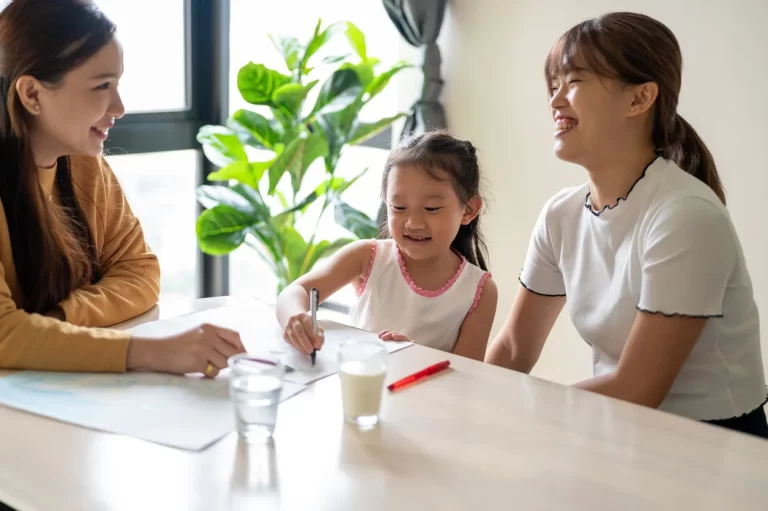
The role of parents in a child’s education journey cannot be overstated. Parental involvement has been shown to significantly impact a child’s academic performance, motivation, and overall well-being. By actively engaging in their education, parents can provide the necessary support and encouragement children need to succeed. Here are some practical tips and advice to help you support your child’s educational journey effectively.
Table of Contents
Effective Communication with Teachers


1. Establish Open Lines of Communication
- Regular Check-Ins: Schedule regular meetings or communicate via email with your child’s teachers to stay informed about their progress and any areas of concern. Regular check-ins help you understand what is happening in the classroom and how you can reinforce learning at home.
- Ask Questions: Don’t hesitate to ask teachers about your child’s strengths, weaknesses, and how you can support learning at home. Understanding specific areas where your child excels or struggles allows you to tailor your support effectively.
- Feedback: Provide teachers with feedback about your child’s experiences at home, which can help tailor educational approaches to better suit their needs. Teachers value insights from parents that can help them understand their learners better.
2. Use School Communication Tools
- Apps and Portals: Many schools use digital platforms to communicate with parents. Stay updated with announcements, homework, and grades through these tools. Regular use of these platforms ensures you are always informed about your child’s academic activities and school events.
- Newsletters: Read school newsletters to keep abreast of upcoming events, important dates, and school policies. Staying informed helps you better support your child and participate in school activities.
Involvement in School Activities


1. Attend School Events
- Parent-Teacher Conferences: These meetings are crucial for understanding your child’s academic standing and discussing strategies for improvement. They provide an opportunity to engage directly with teachers and understand how to best support your child.
- School Functions: Attend assemblies, sports days, and other school events to show support and stay engaged in the school community. Your presence at these events demonstrates to your child that their education and school activities are important to you.
2. Volunteer Opportunities
- Classroom Helper: Volunteering in the classroom can give you insight into your child’s learning environment and strengthen your relationship with their teachers. It allows you to observe classroom dynamics and teaching methods firsthand.
- Field Trips: Chaperoning field trips is a great way to be involved in your child’s education and build connections with other parents and learners. It also provides a fun and informal setting to support your child’s learning.
Fostering a Positive Learning Environment at Home


1. Create a Dedicated Study Space
- Quiet and Organized: Set up a quiet, well-lit area with all necessary supplies where your child can focus on their studies without distractions. A dedicated study space helps children concentrate and develop a routine.
- Consistency: Encourage a routine by having a consistent time and place for homework and study. Consistency in study habits is key to academic success.
2. Encourage Reading
- Reading Habits: Promote daily reading habits by providing access to a variety of books and reading together as a family. Reading improves language skills and fosters a lifelong love of learning.
- Library Visits: Regular trips to the library can make reading exciting and introduce your child to new interests. Libraries offer a wealth of resources that can enrich your child’s learning.


3. Support and Encourage Learning
- Positive Reinforcement: Praise your child’s efforts and achievements to build confidence and a love for learning. Positive reinforcement encourages children to keep trying and to value their educational progress.
- Help with Homework: Be available to assist with homework, but encourage independence by guiding them to find answers on their own. This balance helps children develop problem-solving skills and self-reliance.
4. Educational Activities
- Learning Through Play: Integrate educational games and activities that make learning fun and engaging. Play-based learning can enhance cognitive development and keep children motivated.
- Extracurricular Activities: Encourage participation in sports, music, arts, and other extracurricular activities to foster well-rounded development. These activities help children develop a variety of skills and interests.
Conclusion
By effectively communicating with teachers, being actively involved in school activities, and creating a supportive learning environment at home, parents can significantly enhance their child’s educational experience. Therefore, partnering with parents to provide resources and support that help children thrive academically and personally. In conclusion, it’s guaranteed that every child has the opportunity to reach their full potential.






